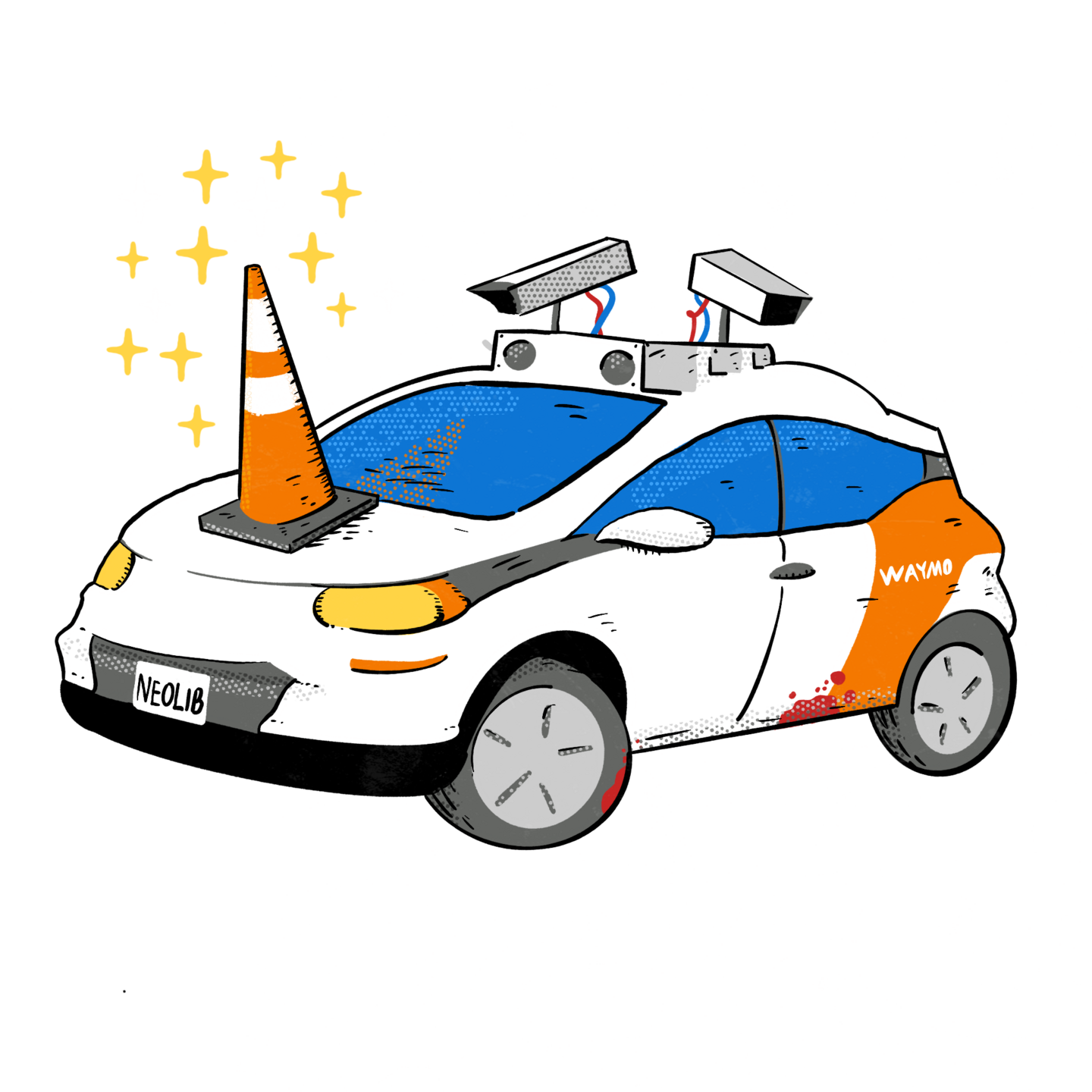
Reuters – GM to cut spending by $1 billion on robotaxi unit Cruise in 2024
General Motors is slashing Cruise's 2024 budget by $1 billion despite a commitment to its robotaxi venture. Following an accident resulting in investigations, GM seeks to refocus Cruise, now enduring a $2.7 billion loss and restructuring. CEO Barra emphasizes safety and talent retention, as expansion plans are paused.





